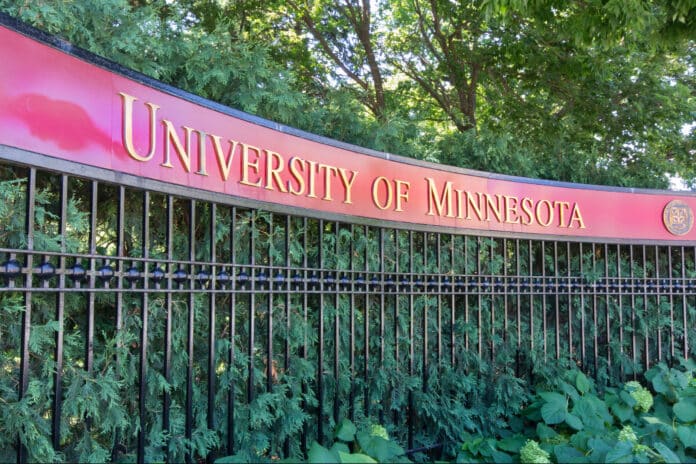(Daily Caller News Foundation) — The University of Minnesota is ditching legacy admissions, a mechanism by which children of alumni get preferential treatment within the admissions process, following a Supreme Court ruling that blocked the use of race-based affirmative action policies, a university spokesperson told the Daily Caller News Foundation.
The Supreme Court ruled in June that Harvard University and the University of North Carolina’s affirmative action admissions policies were unconstitutional. In light of the ruling, the University of Minnesota decided it will no longer consider race, ethnicity, legacy or employment in its admissions process, a university spokesperson told the DCNF.
“This announcement was specific to the holistic review process used on the Twin Cities campus for undergraduate admissions and changes two out of 10 context factors, which were only considered after rigorous examination of academic factors,” a university spokesperson told the DCNF. “All the academic factors, which have always been the primary considerations in admissions decisions, as well as the remaining context factors, remain in place for the admissions process.”

The university uses a “holistic review” admissions policy which weighs applicants’ academics as well as additional context relevant to their history, a spokesperson told the DCNF.
Despite deciding to no longer weigh race, ethnicity, legacy or employment during the admissions process, the university will still ask “for this optional information for recruitment and communication purposes about programs and services offered,” according to the Star Tribune.
“It was not adding additional insight into enrolling academically prepared students,” Keri Risic, executive director of admissions, told the outlet.
The Supreme Court ruled 6-2 in June to overturn Grutter v. Bollinger, which permitted colleges and universities to use race as a determining factor in the admissions process. Harvard University suggested that it will use applicant essays in order to continue to weigh students’ race following the Court’s ruling.
Since the decision, a civil rights advocacy organization filed a complaint to the Department of Education Office of Civil Rights alleging that Harvard University’s use of legacy admissions discriminates against applicants of color.
“Every year, we review our undergraduate admissions practices at the University of Minnesota to ensure that we are only asking for information necessary to make good admissions decisions,” Risic told the Star Tribune. “This year was an exceptionally deep review of our context factors.”











